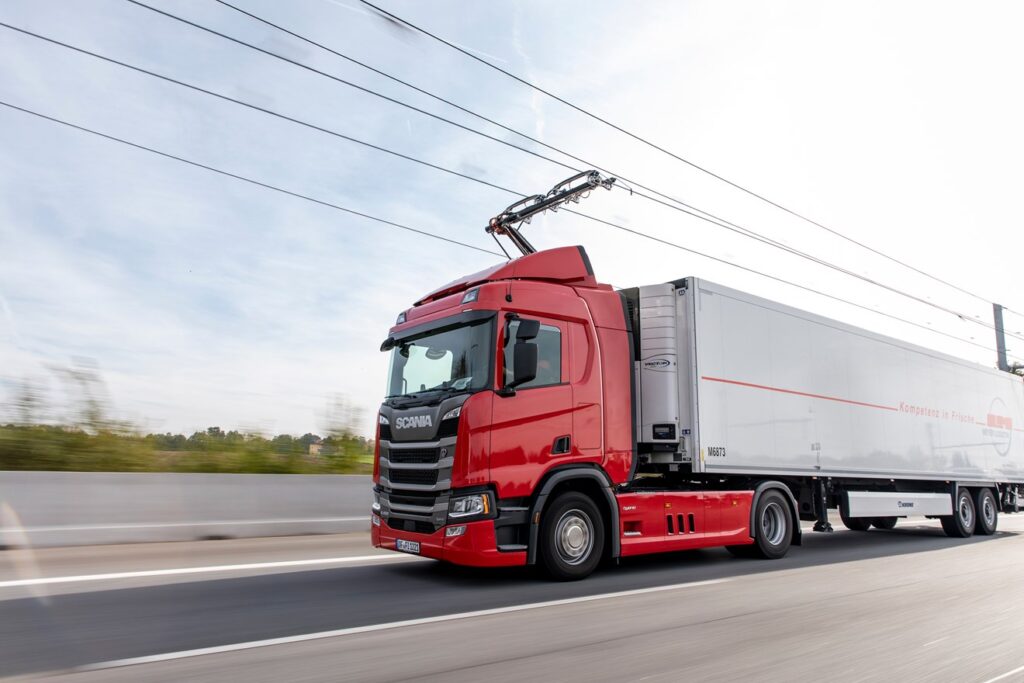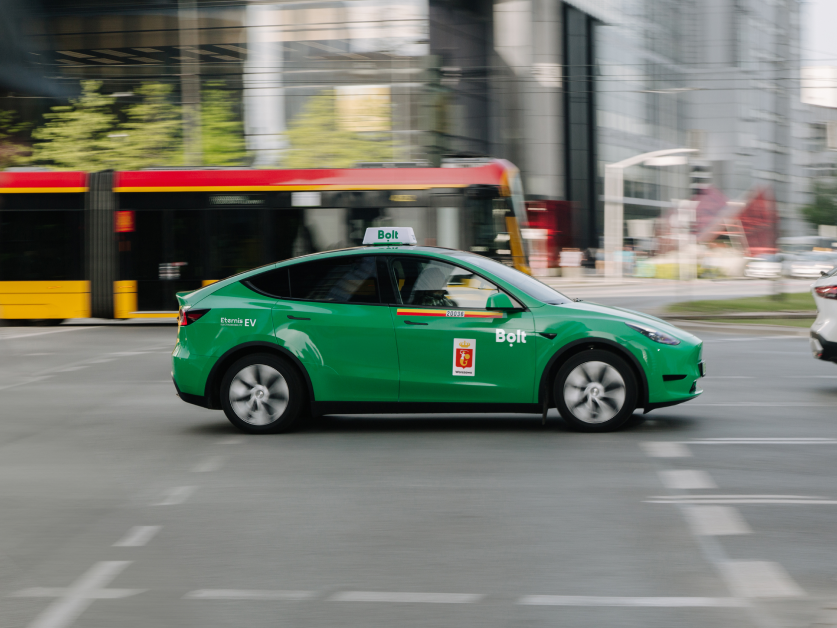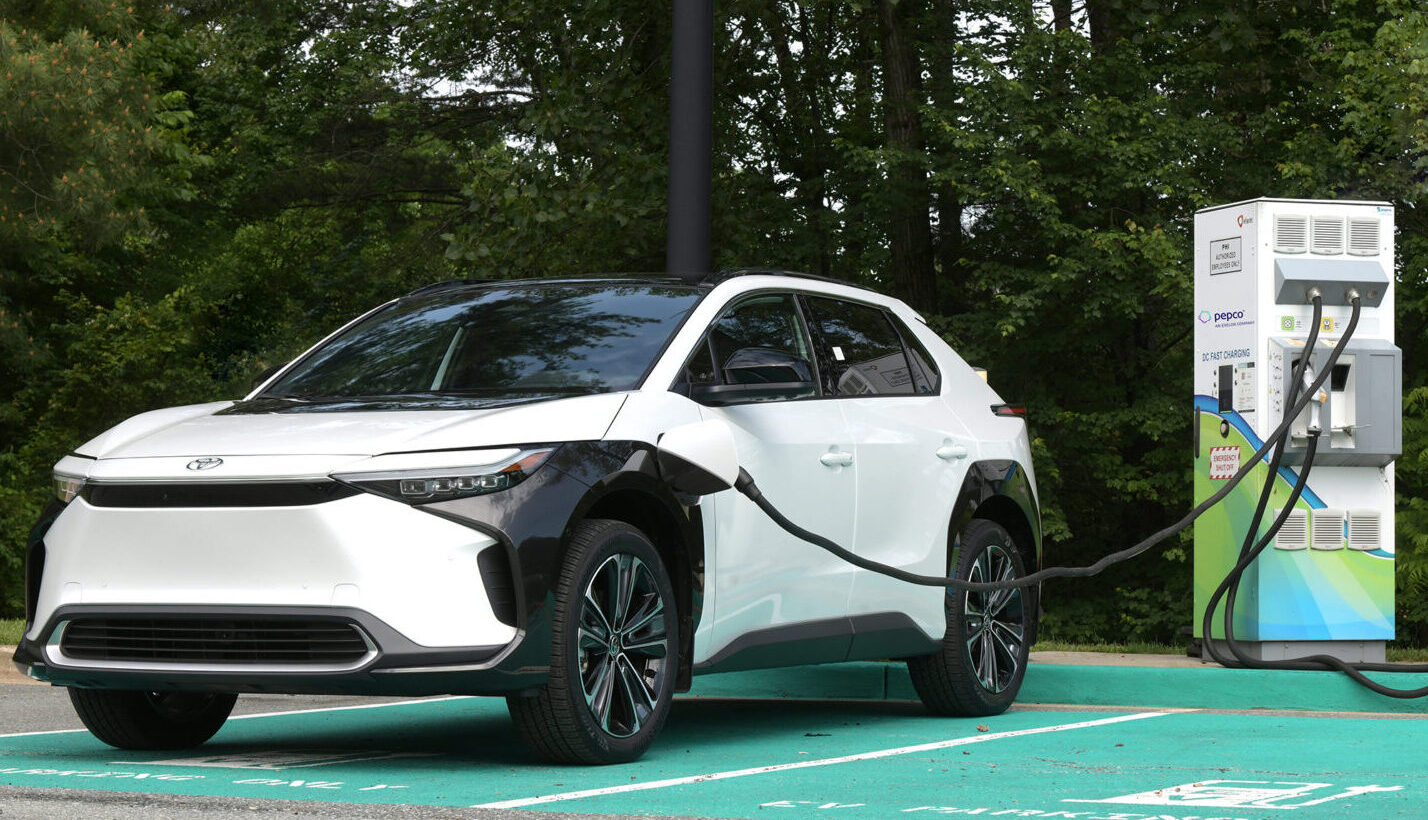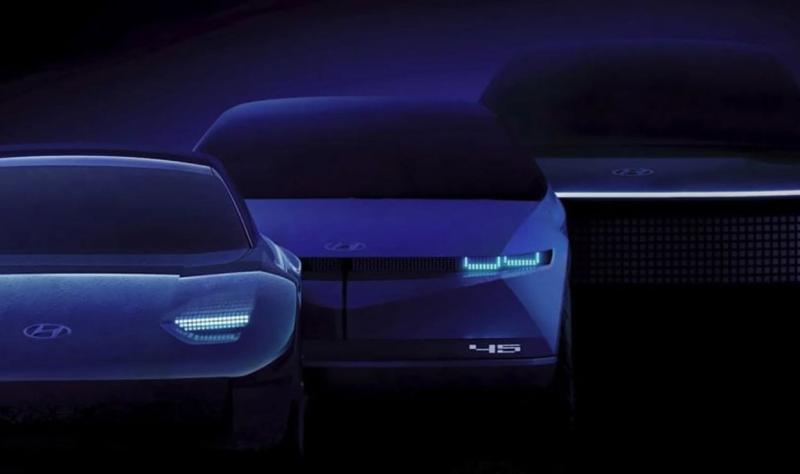Green Light for Path to UK’s First Electric Motorway
- Through Innovate UK, DfT has commissioned a consortium to assess the economic and technical potential of the UK’s first ‘eHighway’
- The study is part of the UK government’s plan to reach zero net emissions for heavy road freight
- It aims to demonstrate the technology is ready for a national roll-out
The Department for Transport has awarded funding through Innovate UK to a consortium to lead the UK’s first ever study on the electrification of long range trucks with dynamic charging, using overhead wires on motorways.
The study is part of the £20m put aside for zero emission road freight trials under the recently-announced Transport Decarbonisation Plan (TDP), and was awarded based on the consortium’s expertise in sustainable transport. It includes Siemens Mobility, Scania, Costain, The Centre for Sustainable Road Freight (Cambridge University and Heriot-Watt University), ARUP, Milne Research, SPL Powerlines, CI Planning, BOX ENERGI and Possible.
Heavy Goods Vehicles (HGVs) currently emit 18% of all road vehicle CO2 emissions, despite only representing 1.2% of the total number of vehicles on the road and 5% of the total miles driven. They are, however, essential to the health of the UK economy, with the new plan citing them as “critical to our economic wellbeing,” transporting 98% of our food, consumer and agricultural products across the country. Because of the limits of existing technology, the plan says “removing [road freight] emissions requires the development and deployment of clean technologies.”

The consortium has proposed an ‘electric road system’, using the Siemens Mobility ‘eHighway’ technology, as the fastest, lowest carbon and most cost-effective route to decarbonising our road freight industry and delivering cleaner air. The nine-month study kicks off this month, and is hoped to be the forerunner of a scheme that aims to see the UK’s major roads served by overhead lines by the 2030s. These eHighways allow specially-adapted trucks to attach to the overhead wires and run using the electricity, similar to rail and trolley-bus systems. The trucks come equipped with a battery that charges while they are in motion so they can detach to both overtake vehicles and reach their final destination with zero emissions from start to finish.
Consortium members Siemens Mobility, Scania and SPL have previously trialled smaller electric road systems in Germany and Sweden, with this UK initiative being the first in the world to investigate deploying it at a much larger scale. The project will look at electrifying at least 30km (19 miles) of the M180 as the pilot, linking Immingham Port with the logistics hubs of Doncaster and its airport. The partners plan to take the lessons learned from Europe, and provide technical, economic and environmental recommendations for installing a proof-of-concept system with a bigger demonstration fleet.
William Wilson, CEO of Siemens Mobility Limited, speaking on behalf of the partnership, said:Investing in proven technologies like eHighways can help us go further and faster to decarbonise the UK’s transport network, and support jobs and growth to level up the country. By building on successful trials from other countries like Germany, our ERS consortium M180 trial will help the UK move a step closer to replacing more polluting trucks with clean, efficient electric HGVs.
A fully-operational electric road system across the UK would be expected to create tens of thousands of jobs across a range of green industries, with around 200,000 new electric trucks needing to be built over a 10-15 year period. This will also provide an opportunity to completely revamp the UK truck manufacturing industry and its supply chains, future-proofing it by accelerating fleet digitalisation; a key lesson learned across the industry as it recovers from the 2020 pandemic’s disruption.
Research by the consortium has even found that initial investments into new vehicles by operators could be recouped within 18 months, due to lower energy costs, and the electrification infrastructure would pay back investors in 15 years.
Alistair Barnes, Innovation Lead for Zero Emission Vehicles at Innovate UK, said:We’re delighted this consortium is bringing its extensive experience to solve challenges around decarbonising HGVs by planning to demonstrate this technology at scale on UK roads. Innovate UK is proud to be supporting this project as part of its partnership with the Department for Transport.
This article was originally published by Siemens.










